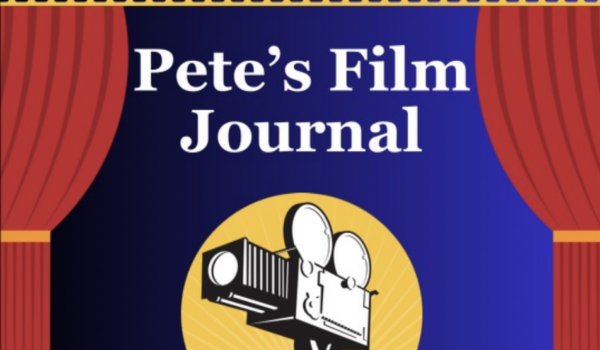I always tune in for Oscars night, struggling through a Jimmy Kimmel monologue as I wait for the awards to be given out. Sometimes I miss the red carpet coverage too, but who cares when Teen Vogue will post everything anyway! This year will be no different; Kimmel will gab away with flimsy humor and make some more jokes about how much Matt Damon sucks.
Nevertheless, I’ll be watching and reacting the entire night. It’s the culmination of an awards season that is only worthwhile for its few surprises and the hope for an “upset.” Unless you’re excited to devote yourself to a billion-dollar blockbuster, there might not be much to root for on March 10.
Awards season is always more of a shame for what it leaves out than what it may sometimes gladly include. The nominations for Killers of the Flower Moon in so many categories only make its absence from the adapted screenplay category worse. May December deserved far more than its singular nomination in original screenplay, hosting better performances than many of the actual nominees. But at least we can be thankful for their recognition happening at all when so much else is ignored.
What is more puzzling is the current critical championing of mediocrity. Every year regional critics’ award shows find ways of consensus that help propel independent or foreign films to Academy appreciation. While these films are not solely dependent on their role as critical darlings, their campaign certainly reflects its assistance. In the recent past, some examples of this include Drive My Car and Tár, two spectacular and profound films unwilling to conform. However, this year’s result is Past Lives and Anatomy of a Fall.
Past Lives is most disappointing for its utter lifelessness; its energy captures the mundanity of the 90s cubicle film in a worse sense because it is now the art world that lacks any sort of vitality. The main character, Nora, possesses a vague sensibility that is only a testament to the universal and riskless appeal. Viewers must have to project their own meaning into this stiff cardboard drama to get anything out of it, and Past Lives seems to invite this interaction.
Anatomy of a Fall then wags its finger at us in gleeful pride when attempting to subvert the courtroom drama: You thought this was a murder trial, but it’s really the marriage on trial! A European bourgeois couple yelling it out in their snowy cabin seems like pure gold for fans of arthouse cinema, so what went wrong? Justine Triet’s film ends up being far more conventional than subversive, revealing nothing an attentive viewer couldn’t already surmise looking at Sandra Hüller in the opening five minutes. Predictability is no issue, but the image fails to dig anything out of the only potentially complicated writer and spouse.
Besides these, there is also the curious case of Bradley Cooper’s Maestro. Filled with genuine vision, the film crumbles under the weight it artificially creates out of its subject, Leonard Bernstein. Maestro assumes the artistic genius of Bernstein as altruistic, failing to round him out with his real sometimes-nasty persona and hopelessly middlebrow compositional style; that’s always the issue with estate-approved media depiction, I guess.
—
Well, there are more nominations I’ve seen, some I’ve liked, but maybe I’ll think of them more another day, free from the clutches of the climax of American film awards. You can see any of the best picture nominees at the Belcourt at the start of March!
And while I still have you, try and see Taste of Things at the Belcourt too, a true delight that is more than just a good movie to see on Valentine’s Day.









Comments